

I'm a trilingual, London-based Brazilian journalist with over 15 years of experience in reporting, production, research, communications, fact-checking and complex investigations. Passionate about the democratic role of journalism, my core interests are public interest journalism, human rights and environmental issues.
Before moving to London in 2018 to pursue my MA in International Journalism at City University, I spent three years producing in-depth, creative, ambitious multimedia projects in Rio de Janeiro for the Canadian newspaper The Globe and Mail. I was in charge of the production of projects that have won international recognition – looking at everything from Amazonian deforestation to the spread of the Lava Jato corruption crisis across Latin America.
In London, I worked for Dow Jones covering private capital in Europe for nearly two years and I am now the Environment Reporter at The Bureau of Investigative Journalism. Born and raised in Rio de Janeiro, I speak Portuguese, English and Spanish.
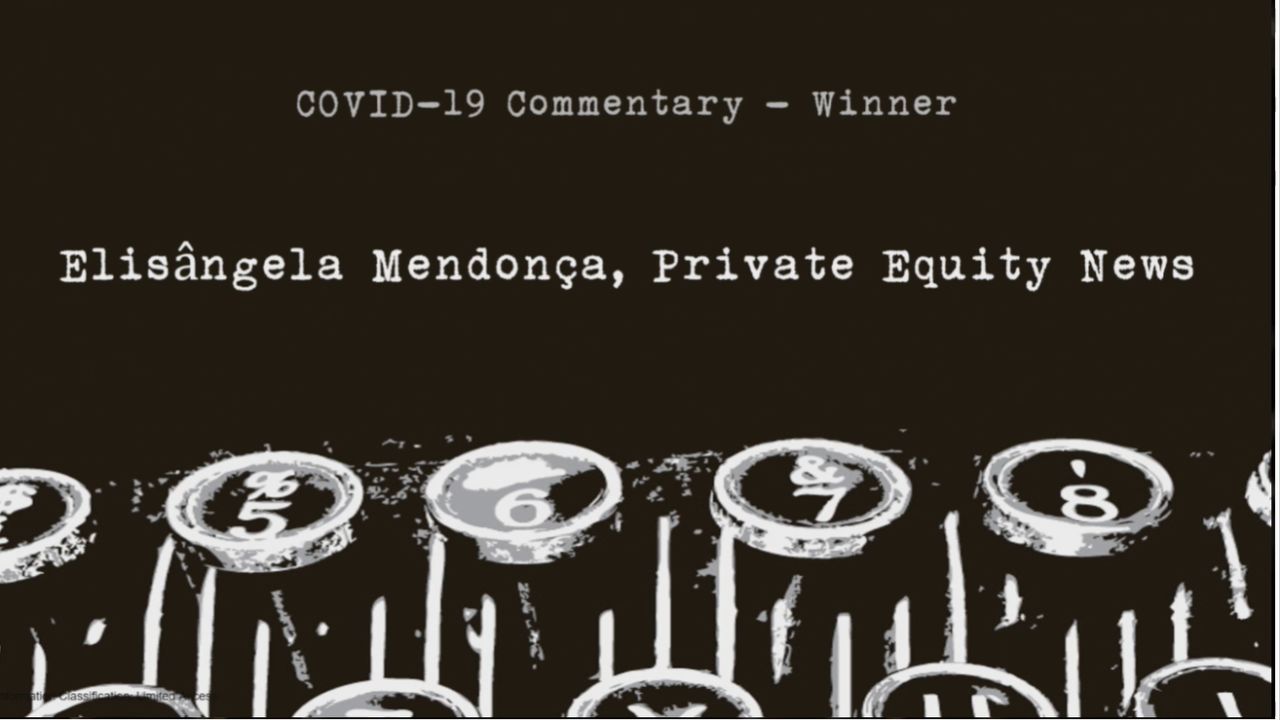

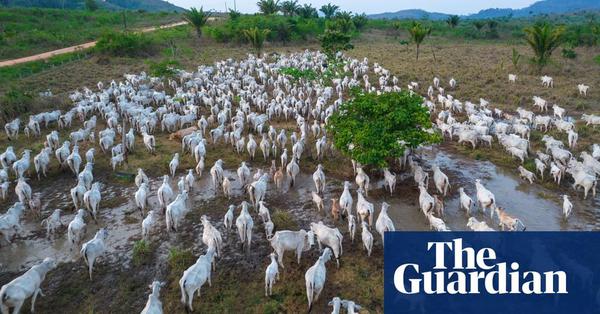
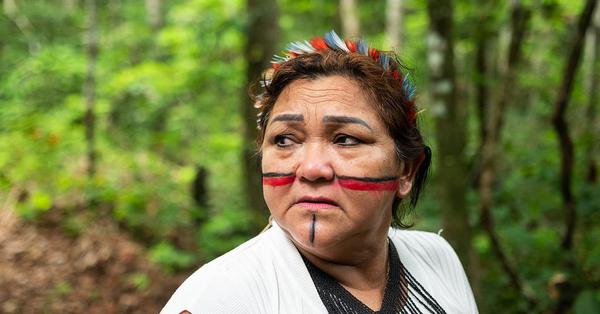
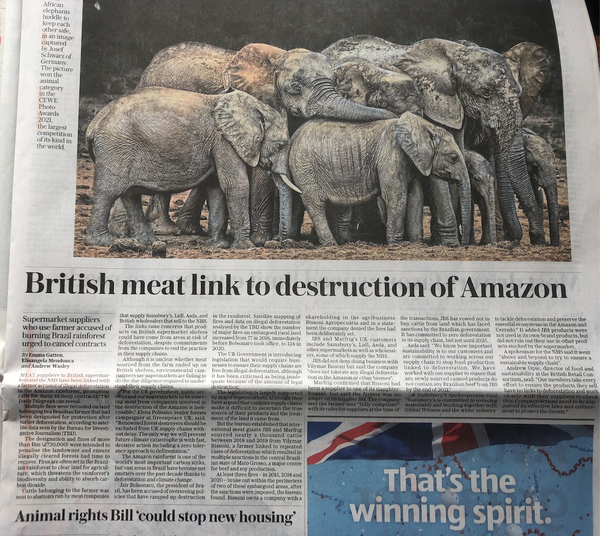
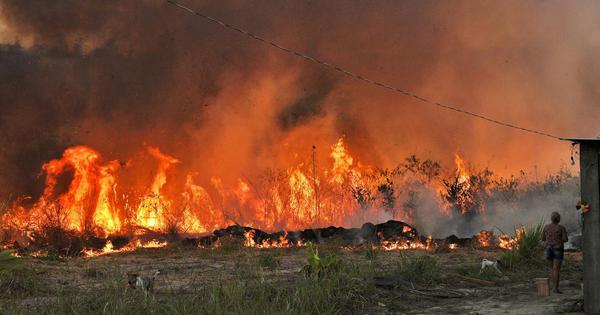
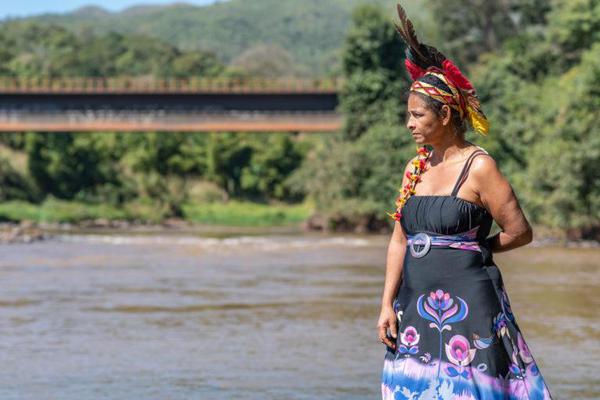
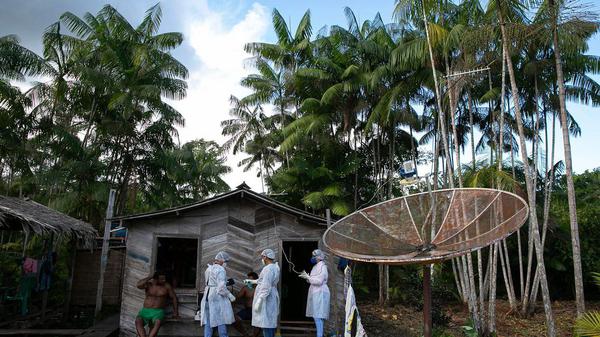
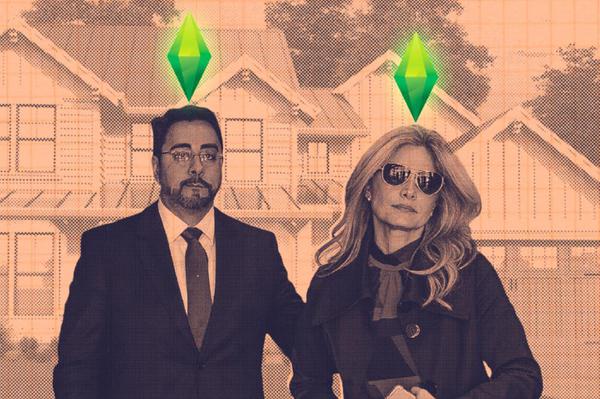
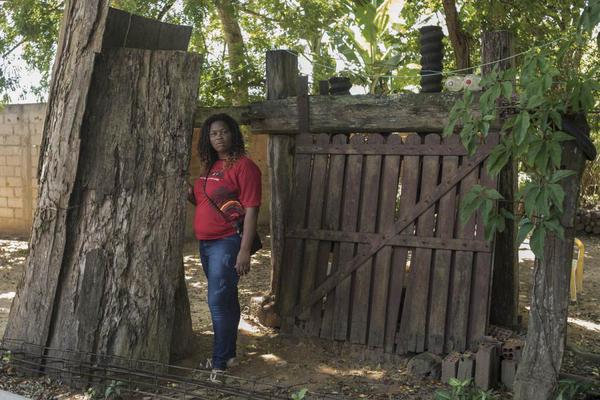
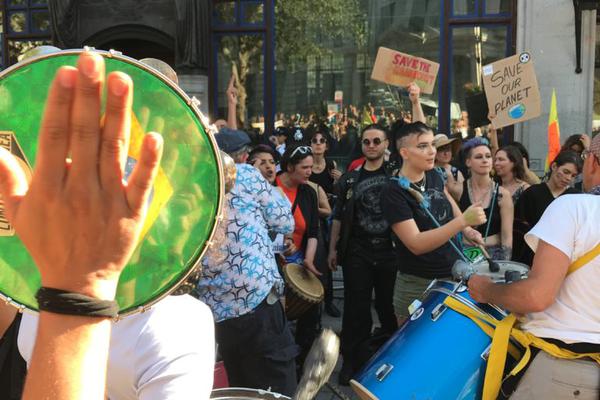
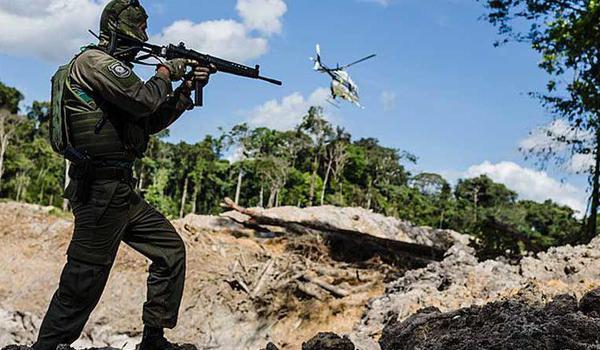
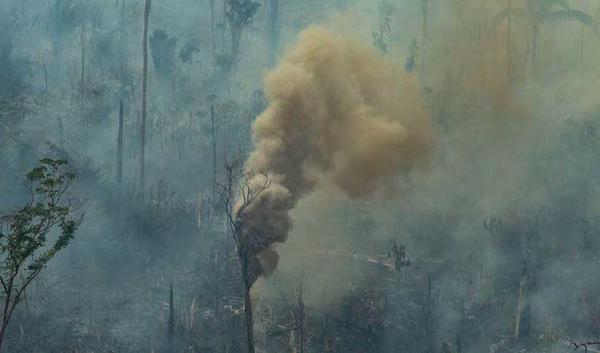
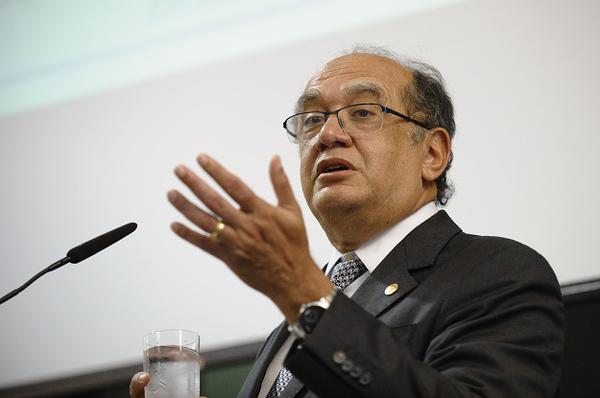
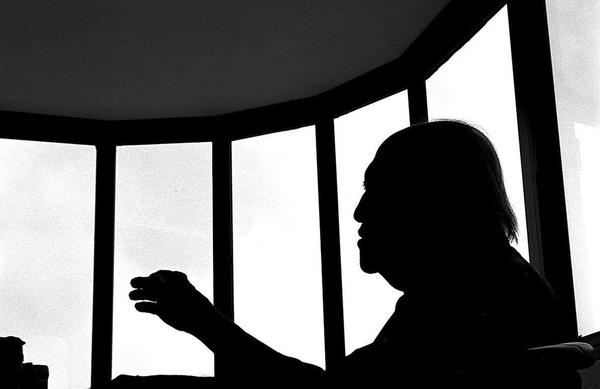

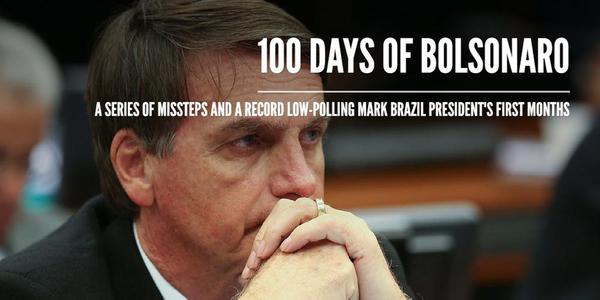
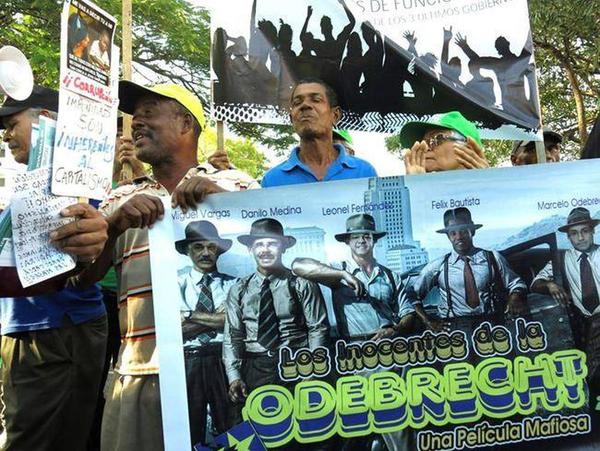
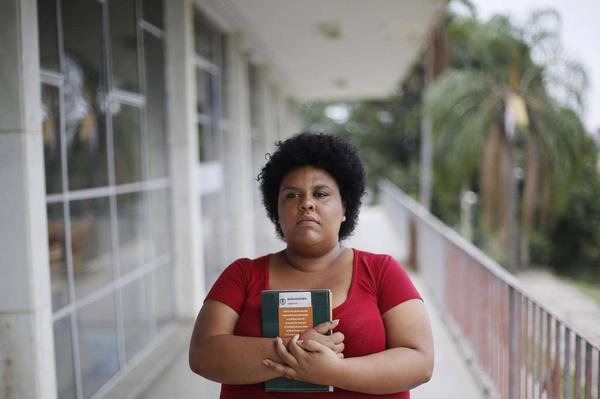

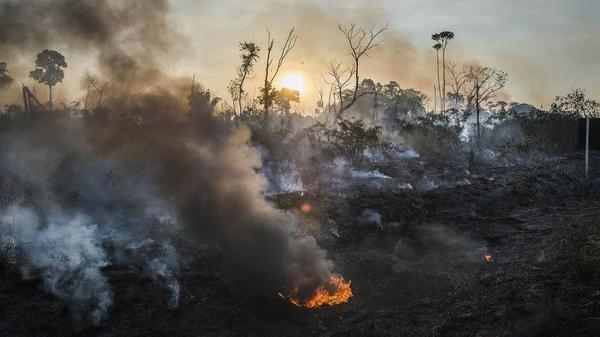
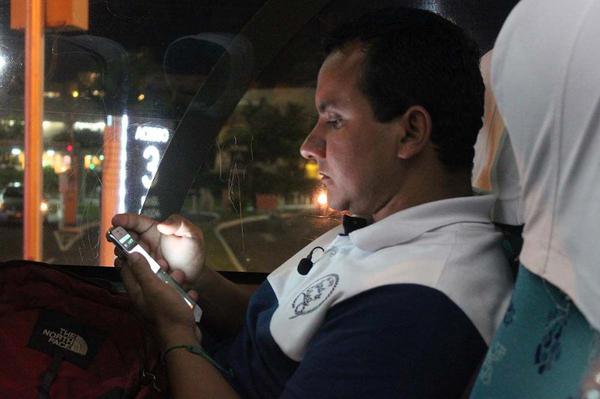
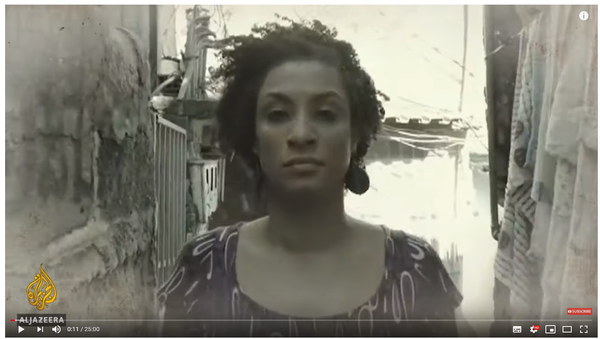
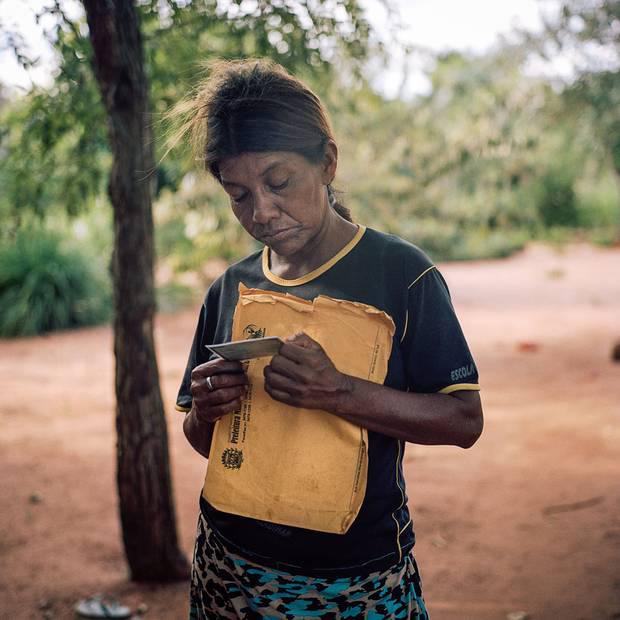
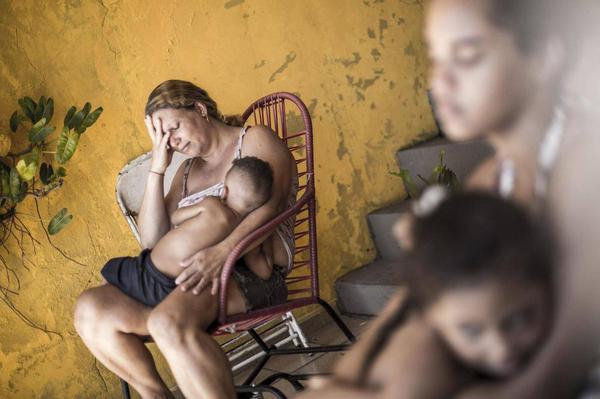
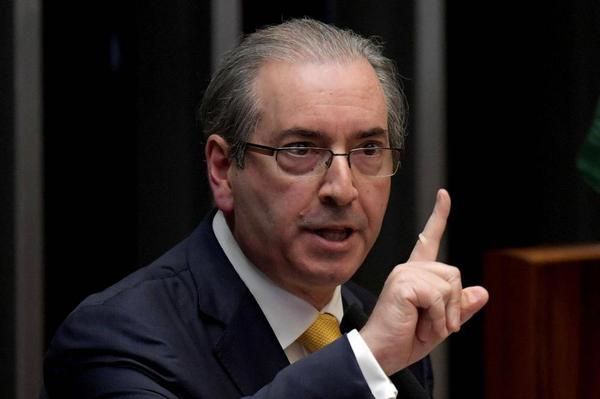
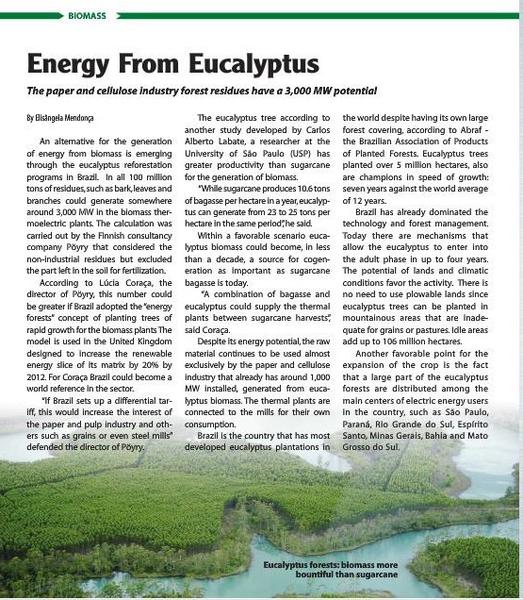

I was interviewed about the experience of covering Brazil for a foreign audience.
http://www.central3.com.br/30997-2/
